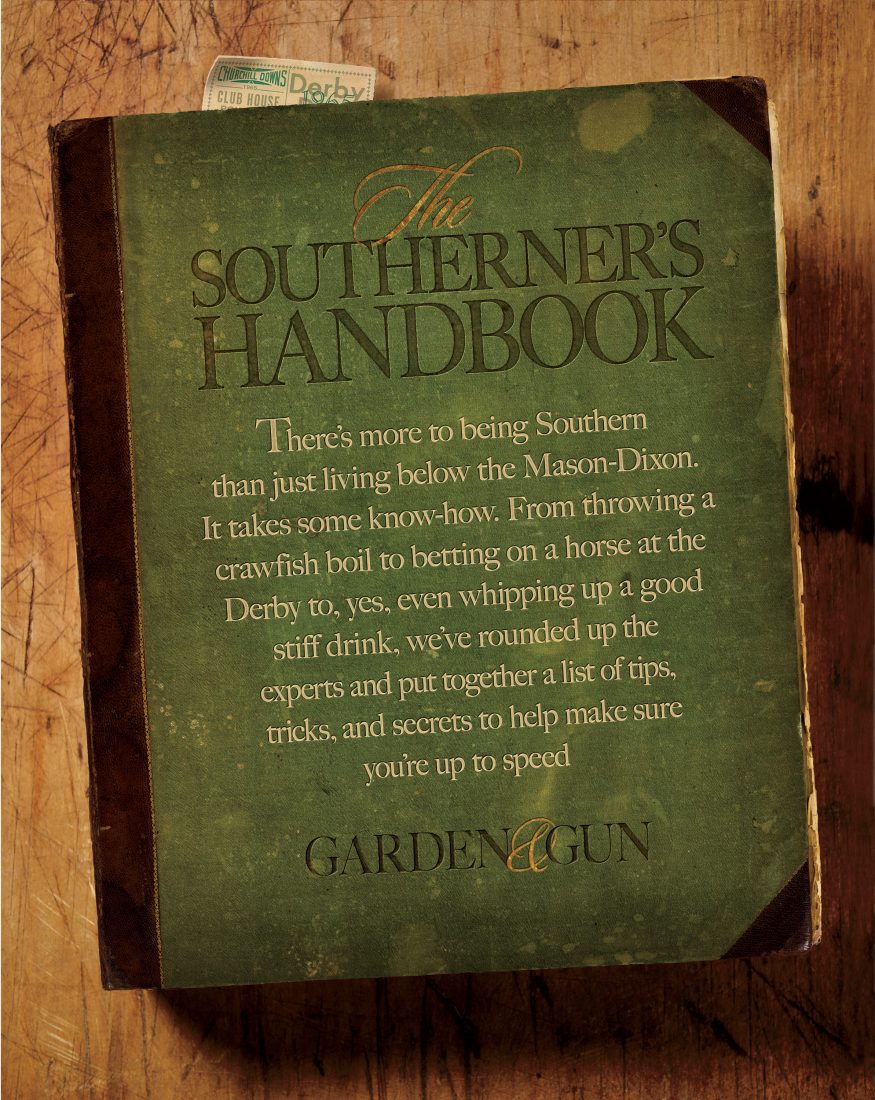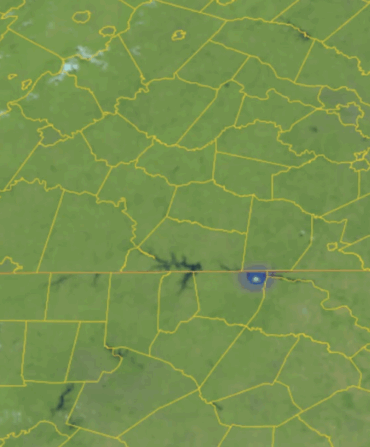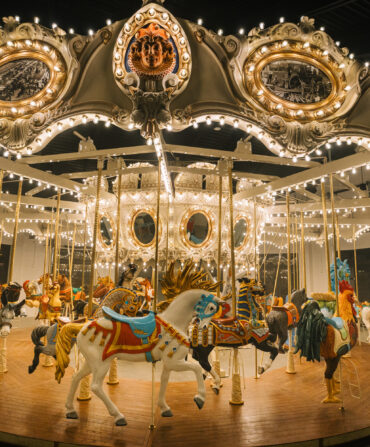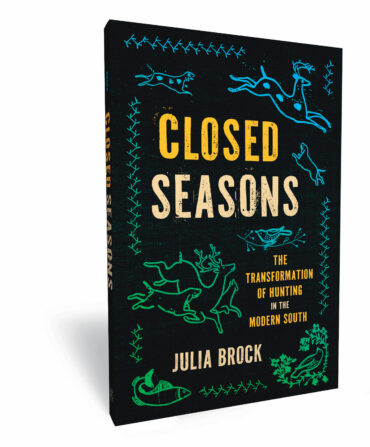It would surely make us braver and finer people if we lived our lives as farmers or as fishermen, because their wherewithal is in the ground and in the water, absolutely at risk and in play. To this day, the key to the South’s work and to its play is its proximity to that gift of nature—whether we mean the dove shoots built on the corn harvest, or the massive migration of the waterfowl down through the Arkansas, Mississippi, and Louisiana wetlands, or the big April push of the Zeus-like tarpon into the shallow water of the Florida Keys.
With so much natural bounty so close upon us comes the duty to hone the skills to address it, and that’s an amazing bit of good fortune felt in every corner of the region. From Curaçao to the Kentucky bluegrass, the unruly mass of aquatic and terrestrial fertility—and the climates and microclimates that support it—is how the how-to-ness of the South came to be. Each place has its vocabulary of skill. South Louisiana crabbers know where and how to pull up what they call the jimmies, the luscious blues that are immediately flown to the best chefs in the nation; on the vast flats of the Abacos, the legendary guide Joe Cleare could spot a tailing bone at 150 yards; in Jasper, Alabama, Jimmy Fikes can make you a hunting knife with which you can breast a pheasant or with which you can shave.
The immediacy of nature also influences the custom, the social approach to the soft march of the seasons and its rituals. Southerners think nothing—or put another way, think everything—of dove and quail dinners, crawfish boils, wild-turkey Thanksgivings, redfish and pompano feasts, bream and crappie fish fries. The home cook creates these things with an unsurpassed level of generosity and style. Harvesttime is harvesttime, and—again, luckily, because of the geophysical accident of bounty—it’s pretty much all the time, in every nook and cranny of the region.
My grandfather’s farm was in town, not outside it. This is nothing new, but it’s a lovely peculiarity of small Southern towns that there are houses on a nominal street in back of which are barns, some pasture, and random shambling, busted outbuildings left over from the nineteenth century. In my family’s case this compound was extended: Facing the street were my grandfather’s and great-grandfather’s houses, behind which were two servants’ houses (one abandoned), a barn, a smokehouse, and twenty-five acres with a creek for my wild little quarter horse and my brother Joe’s strange, stubborn Shetland pony. Our grandfather had just stopped having cattle out back, as I understood from the many cow piles I stumbled through as I tried to bridle my horse while she skipped blithely away in his huge pasture.
Such an environment demands skill. My horse was given to me unbroken, so I quickly set about earning a degree at the university of equine malfeasance, getting kicked, bitten, and thrown while having to master the many fine tricks of bridling and saddling a large animal that didn’t want to play with me so much as it wanted to fight. When our parents moved us to the country, we began living our lives alongside the many great snakes in the woods and creeks behind our house. Not a summer day passed without a copperhead or a king or a cottonmouth appearing at some turn in our play. Tiring of shooting them or letting the dogs have at them, my brother Carl began collecting them, then moved on to squirrels, rabbits, and finally graduated to a four-foot iguana, which he let roam freely in the bedroom I shared with him.
I never understood how Carl got the damn thing, but anything like that usually came from what I knew to be the insane beach-dwelling hucksters of the state of Florida. Quite a few people in the state of Alabama, however, would not set foot in our room after the iguana moved in, including our mother. The iguana wandered implacably across my schoolbooks, and often across me, and at night he’d hang by his claws high on the silk curtains, thinking his special Paleolithic monster thoughts, backlit by the moon. It was an excellent primer on how to live with a dragon.
The homeland holds yet another splendid teaching gift: So much of the South is broken in the most challenging way, broken by the sheer effort of being and working, “wallered out,” as a farmer friend once jauntily described the hitch behind her favorite tractor. It was plowing time, and all the farms around her in Morgan County, Alabama, were in the same fix. Things broken in the previous harvest had not quite been mended. That late in the tilling season, the welders were booked like battlefield surgeons.
A grandee’s daughter educated at private schools, this girl had never held the roar of an oxyacetylene torch or the big searing snap of a nine-inch electrode in her hands. But: Full of what I’ll call the best sort of farmer grit, she headed out that day to learn how to do it.








